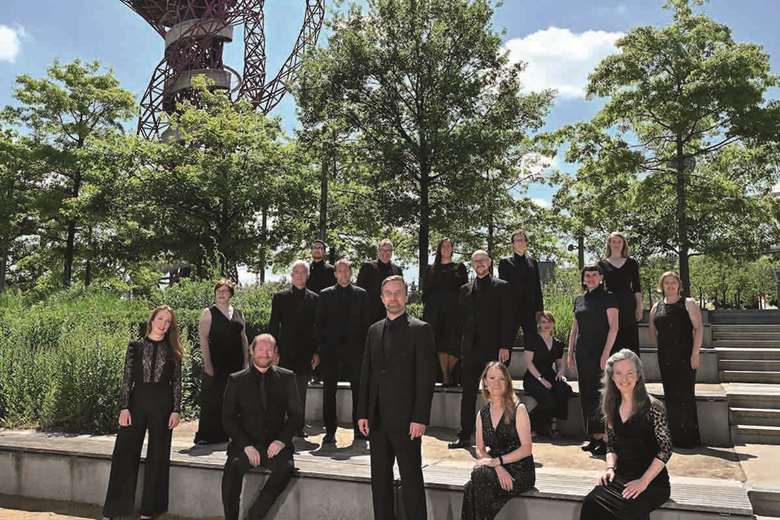Keep raising your voices for classical music!
Martin Cullingford, Editor
Friday, April 14, 2023
Making a video, sharing speeches, signing petitions: it all makes a difference

It wasn’t lost on me that the very day we sent Gramophone’s centenary issue to the printers, it was announced that the BBC Singers would be closed just one year before they marked theirs. Thankfully, the ensemble’s admirers – audiences and artists alike – rallied magnificently. Over the coming days there poured forth an extraordinary series of coordinated letters opposing the move, the first signed by the conductors of the BBC’s orchestras, another by composers (followed by a pointed letter from John Adams), another from winners of the BBC Young Musician competition. These were echoed by videos from across the choral spectrum, with calls for the BBC Singers to be saved. And saved they were, for now at least. The BBC has announced it is now looking at alternative funding models, but that the group’s closure had been suspended.
When immersed in classical music’s culture and community it can be easy to forget that, beyond it, our art form doesn’t always resonate as strongly as we would like. Decisions that are self-evidently damaging to us are not always noticed by wider society, and if spending public money at such moments is to be defended, they need to be. It was clear how significant a role social media played here in amplifying anger and accelerating action. Petitions were signed, MPs’ speeches shared, and the power and meaning of classical music itself communicated more widely and more rapidly than would otherwise have been possible.
Meanwhile, over in Austria, a similar situation was playing out. Marin Alsop’s ORF Vienna Radio Symphony Orchestra – another broadcast ensemble committed to contemporary music – was likewise under threat due to government funding cuts. It, too, is now safe. As Artistic Director Angelika Möser put it: ‘The enormous public solidarity expressed by the cultural industry and the many private and institutional friends of the Vienna RSO was an enormous help in convincing the decision-makers. Their resolve is what has helped ORF Vienna Radio Symphony Orchestra to maintain its place as a unique ensemble.’
Raising a voice, making a video, joining hands across a digital divide – if these ever seem merely a gesture in the face of the behemoth of bureaucracy, the events of the past month say otherwise. If having to once again argue the case for excellence in classical music feels exhausting, let memories of arguments won and decisions defeated be the energising catalyst needed.
Meanwhile, Apple Music has launched its dedicated classical music app. User-friendly and beautifully presented, it offers superb sound quality and provides just as much to the discoverer as to the devotee. It’s a joy, but what’s even more wonderful is that Apple didn’t have to do this. At various times the world’s most valuable company, lavishing such care and investment on a niche sector wasn’t exactly a commercial necessity. But they did it because of everything that classical music stands for – as Apple Music’s Oliver Schusser put it, ‘classical music is foundational to music of all genres’. It reminds me of when, a decade ago, Apple turned to Esa-Pekka Salonen, and the very values his creativity conveyed, to promote its latest iPad. BBC, the Arts Council, and others – take note.
This article appears in the May 2023 issue of Gramophone - available now










